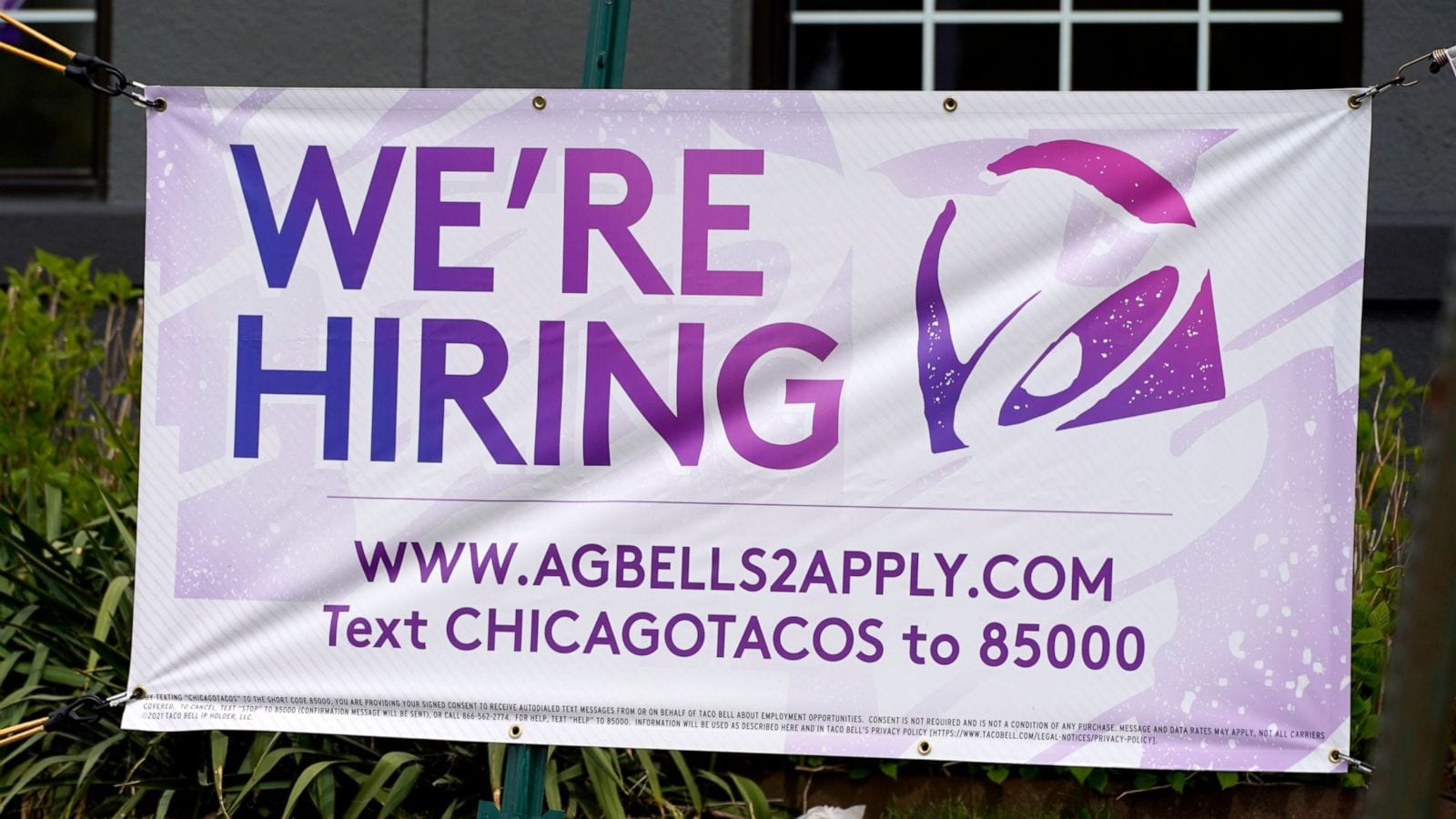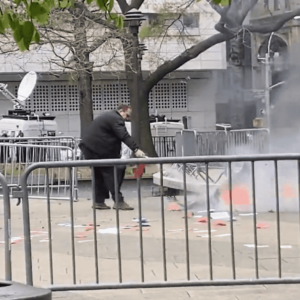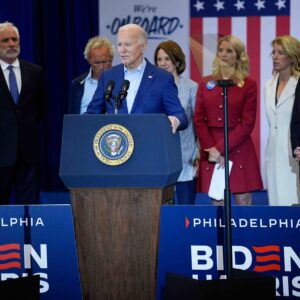The extended unemployment benefits are a lightning rod for trying to explain the 8 million job openings in the U.S. today.
With the supplemental $300 per week, critics say, potential workers are content to sit back and collect the money – mainly because that money is frequently more than they would make at their minimum-wage jobs.
The 8 million is a record high, with vacancies an added reason for a slowing rate of economic recovery from the pandemic.
In response, several states already have indicated they will end those supplemental benefits — part of President Joe Biden’s $1.9 trillion pandemic relief package approved in March — earlier than September, when they are set to expire.
Governors in Mississippi, Alabama, Arkansas, South Carolina, North Dakota and Montana are on board, with Iowa Gov. Kim Reynolds also joining.
“Our unemployment rate is at 3.7%, vaccines are available to anyone who wants one, and we have more jobs available than unemployed people,” she said on Tuesday.
“Regular unemployment benefits will remain available, as they did before the pandemic, but it’s time for everyone who can to get back to work.”
The Daily Mail quoted Job Creators Network president Alfredo Ortiz as another who seeks change.
“While unemployment benefits were helpful during the pandemic to keep laid off workers afloat, the fact that many are now making more money sitting on the couch than being back at work is creating an unbelievable labor shortage for small businesses,” Ortiz said.
Polly Lawrence, who owns Lawrence Construction in Colorado, told DailyMail.com that businesses such as hers are scrambling every day to bring back their labor force.
“When small businesses are having to pay people to come in for an interview or offering $2,000 hiring bonuses, you know there’s a problem,” she said.


















Add comment